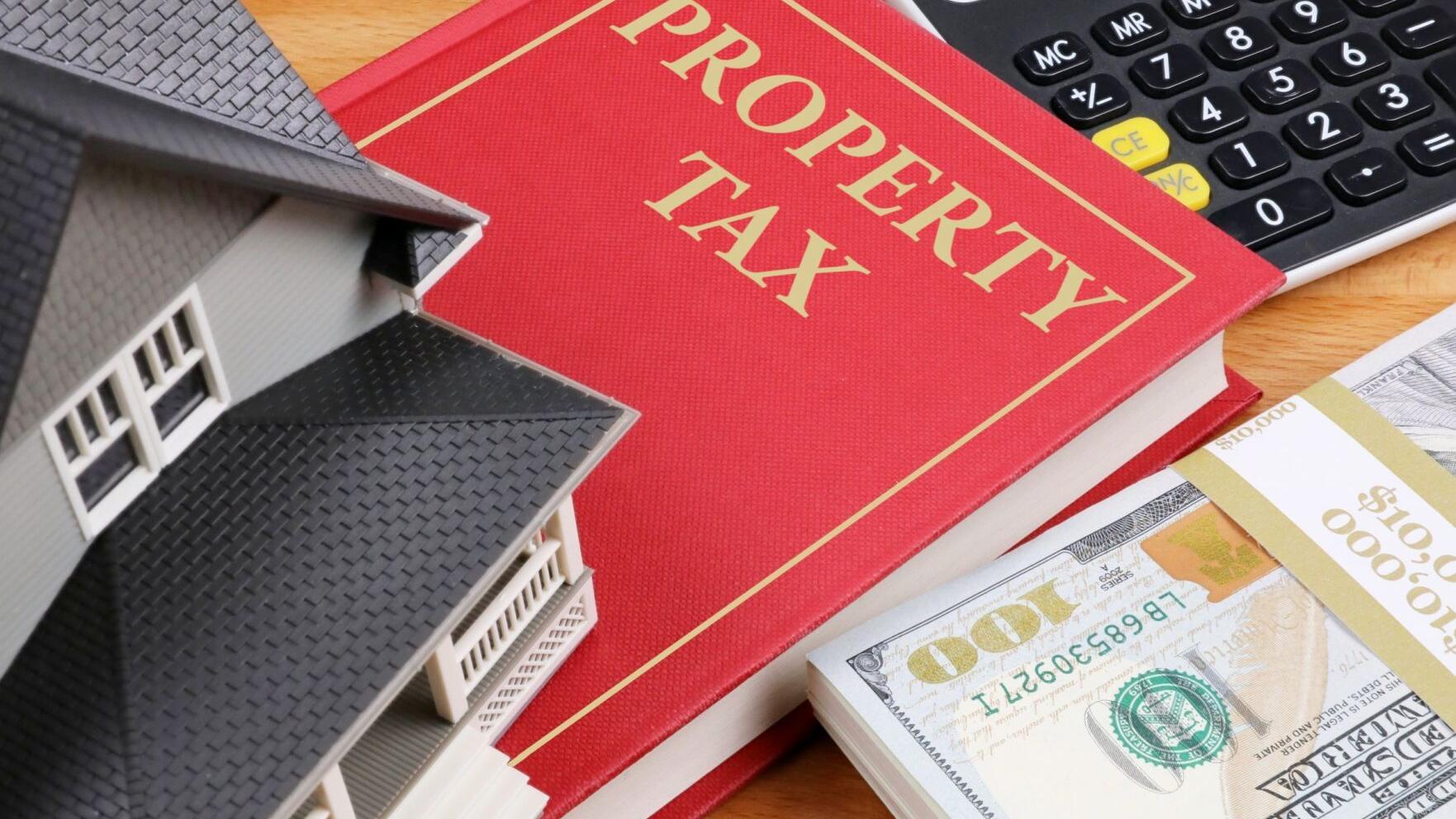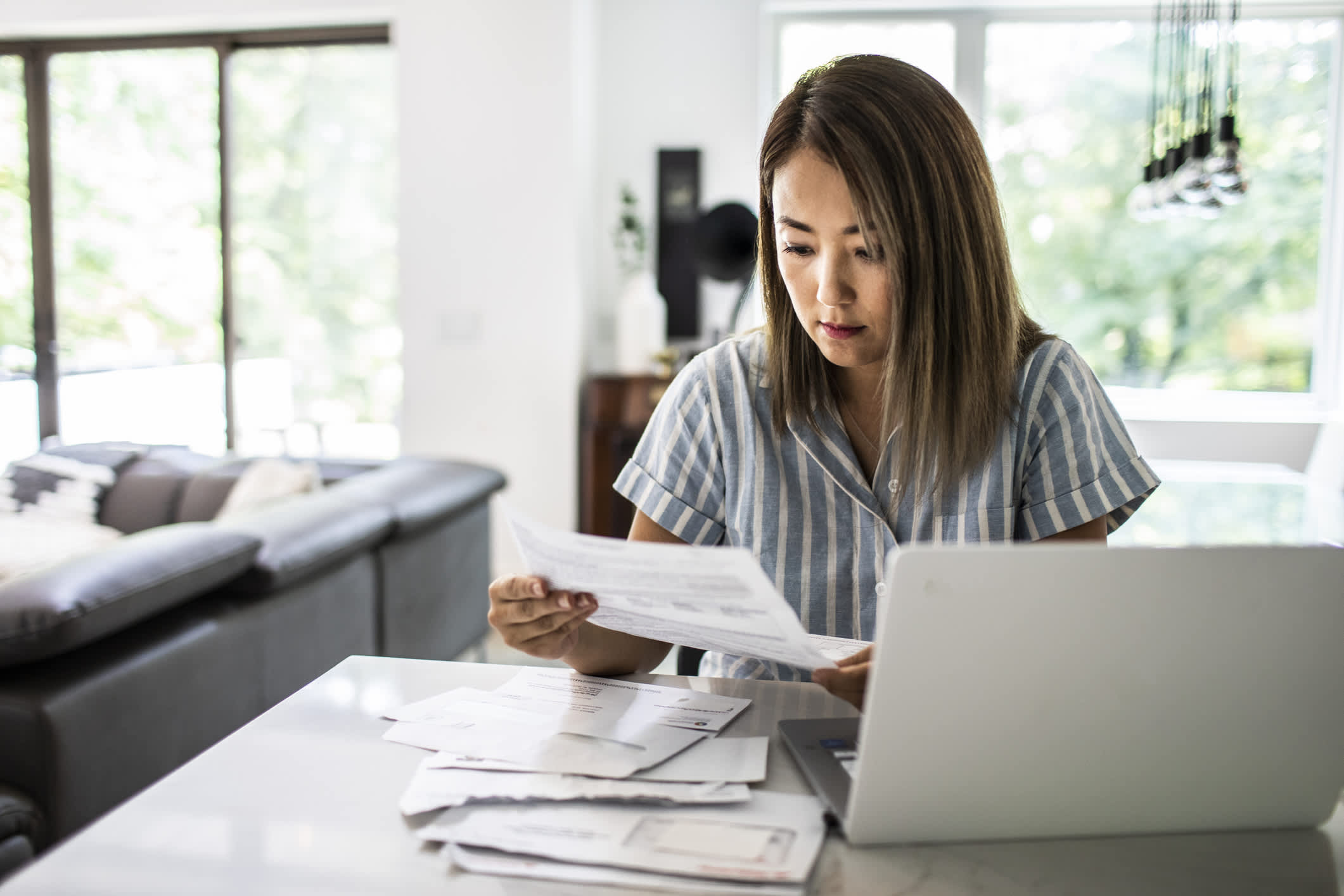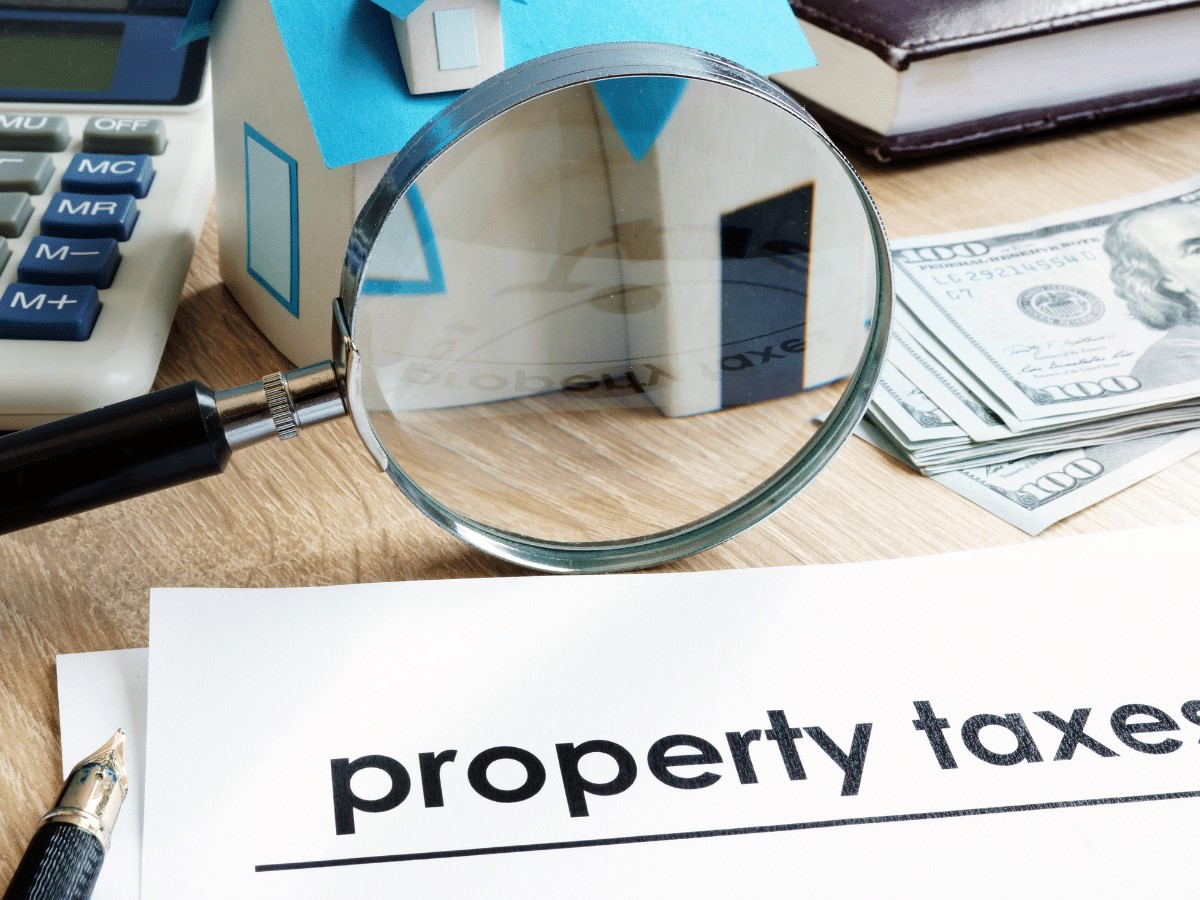Home>Ideas and Tips>Florida Homestead Exemption: Impact On Property Assessments


Ideas and Tips
Florida Homestead Exemption: Impact On Property Assessments
Published: October 27, 2024
Learn how the Florida Homestead Exemption reduces property taxes, impacts assessments, and offers portability for homeowners.
(Many of the links in this article redirect to a specific reviewed product. Your purchase of these products through affiliate links helps to generate commission for Storables.com, at no extra cost. Learn more)
The Florida homestead exemption is a significant property tax benefit that has been in place since 1973. It provides a substantial reduction in the assessed value of a primary residence, thereby lowering the property taxes homeowners pay. This exemption is not only beneficial for current homeowners but also has implications for those who plan to move or make significant changes to their property. In this article, we will delve into the details of the Florida homestead exemption, its eligibility criteria, how it impacts property assessments, and the rules governing its portability.
What is the Florida Homestead Exemption?
The Florida homestead exemption is a constitutional provision that allows eligible homeowners to deduct a certain amount from their property's assessed value. This reduction in assessed value directly translates to lower property taxes. The exemption is available to bona fide Florida residents who live in the dwelling as their permanent home and possess title to the real property as of January 1 of each year.
Eligibility Criteria
To qualify for the homestead exemption, applicants must meet several criteria:
- Residency: The applicant must be a bona fide Florida resident.
- Dwelling: The property must be the applicant's permanent home.
- Ownership: The applicant must possess title to the real property.
- Filing Deadline: The application must be filed by March 1 of each year.
How Does the Homestead Exemption Impact Property Assessments?
The homestead exemption significantly impacts property assessments by reducing the assessed value of a primary residence. Here’s how it works:
- Initial Assessment: When a property first receives the homestead exemption, its assessed value is set at just value as of January 1 of that year.
- Save Our Homes Cap: After the first year, the assessed value is capped at an annual increase of 3% or the percentage change in the Consumer Price Index (CPI), whichever is less. This cap is designed to prevent sudden spikes in property taxes due to market fluctuations.
- Market Value vs. Assessed Value: The assessed value will never exceed the market value of the property. If the market value increases, the assessed value will only increase by the capped amount, ensuring that homeowners are not taxed out of their homes.
What Happens When You Make Improvements or Additions to Your Property?
When homeowners make improvements or additions to their property, these changes are valued at market value in the year of construction. This new value is then added to the capped assessment, and the Save Our Homes cap applies to these additions in subsequent years. For example, if you add a pool to your property in 2022, your 2025 assessed value can increase no more than 3% plus the value of the pool.
Portability of the Homestead Exemption
One of the most beneficial aspects of the Florida homestead exemption is its portability. If you move from one homestead property to another within Florida, you can transfer your Save Our Homes benefit to the new property. This transfer allows most Florida homestead owners to lower their tax assessment and consequently reduce their property taxes for the new homestead.
To transfer the SOH benefit, you must establish a homestead exemption for the new home within three years of January 1 of the year you abandoned the old homestead. You must file the Transfer of Homestead Assessment Difference (Form DR-501T) with the homestead exemption application by March 1. If the property appraiser denies your application, you may file a petition with the county’s value adjustment board.
Read more: What Is Property Assessment Profile
What Happens When You Sell or Convey Your Property?
When a property is sold or conveyed to a new owner, the assessment on that property is raised to full market value according to law. The limitation on assessed value, including the Save Our Homes cap, expires with a change in ownership. The new owner must apply for and receive a homestead exemption to qualify for these benefits.
Ineligible Exemptions
If the Property Appraiser determines that for any year within the previous 10 years a person was not entitled to homestead exemption and was granted an exemption, the Property Appraiser shall serve upon the owner a notice of intent to record in the public records of the county a notice of tax lien against any property owned by that person in the state. Any property owned by the taxpayer and situated in this state is subject to the taxes exempted by the improper homestead exemption, plus a penalty of 50% of the unpaid taxes for each year and interest at a rate of 15% per annum.
Additional Exemptions
Florida offers additional homestead exemptions for certain homeowners, including seniors with limited incomes, veterans, a veteran’s surviving spouse, active military personnel, and those with disabilities. These exemptions can provide further reductions in property taxes for eligible individuals.
Conclusion
The Florida homestead exemption is a vital component of the state's property tax system, providing significant relief to homeowners by reducing their assessed values and consequently lowering their property taxes. Understanding how this exemption works—its eligibility criteria, impact on property assessments, and rules governing its portability—is crucial for homeowners looking to maximize their tax benefits while ensuring compliance with state regulations.
By leveraging the homestead exemption and its portability feature, homeowners can navigate changes in their property ownership or location with minimal disruption to their tax obligations. Whether you are a long-time resident or planning to move within Florida, this exemption offers a valuable tool for managing your property taxes effectively.
In summary:
- Eligibility: To qualify for the homestead exemption, you must be a bona fide Florida resident living in the dwelling as your permanent home.
- Impact on Assessments: The exemption reduces your property's assessed value and caps annual increases at 3% or CPI.
- Portability: You can transfer your Save Our Homes benefit to a new homestead within three years of abandoning the old one.
- Conveyance: The exemption expires with a change in ownership; new owners must apply for their own exemption.
By understanding these aspects of the Florida homestead exemption, homeowners can better manage their property taxes and enjoy greater financial stability in their primary residences.
Was this page helpful?
At Storables.com, we guarantee accurate and reliable information. Our content, validated by Expert Board Contributors, is crafted following stringent Editorial Policies. We're committed to providing you with well-researched, expert-backed insights for all your informational needs.















0 thoughts on “Florida Homestead Exemption: Impact On Property Assessments”